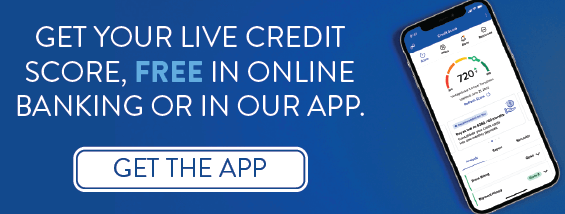CFPB Finds that Billions of Dollars Stored on Popular Payment Apps May Lack Federal Insurance
The Consumer Financial Protection Bureau (CFPB) published an issue spotlight on digital payment apps heavily used by consumers and businesses. The analysis finds that funds stored on these apps may not be safe in the event of financial distress, since the funds may not be held in accounts with federal deposit insurance coverage. The CFPB also issued a consumer advisory for customers holding funds in these apps and how they can make sure their funds remain safe.
“Popular digital payment apps are increasingly used as substitutes for a traditional bank or credit union account but lack the same protections to ensure that funds are safe,” said CFPB Director Rohit Chopra. “As tech companies expand into banking and payments, the CFPB is sharpening its focus on those that sidestep the safeguards that local banks and credit unions have long adhered to.”
Use of nonbank payment apps such as PayPal, Venmo, and Cash App have rapidly grown in the past few years. These apps allow people to quickly pay retailers and others, while providing the option to store funds. Unlike traditional bank and credit union accounts which have deposit insurance, funds stored in these nonbank payment companies may be unprotected.
In recent months, many Americans were reminded that funds deposited with banks and credit unions enjoy the safety afforded by federal deposit insurance through the FDIC or NCUA. Americans witnessed the failure of large systemically important banks such as Silicon Valley Bank, Signature Bank, and First Republic Bank. These banks experienced a run, but insured depositors could have confidence their money was safe. However, similar protection would not be guaranteed to customers that store money on nonbank payment apps.
Today’s issue spotlight finds that:
- More than three quarters of adults in the United States have used a payment app. Younger customers’ use of these payment app services is especially prevalent. Approximately 85 percent of consumers aged 18 to 29 have used such a service. Transaction volume across all service providers in 2022 was estimated at approximately $893 billion, and is projected to reach approximately $1.6 trillion by 2027.
- Nonbanks can earn money when users store funds on their platforms. When users of these digital apps receive payments, the funds are not usually swept automatically to the recipient’s linked bank or credit union account. Instead, companies hold and invest the funds. These activities are not typically subjected to the same oversight that an insured bank or credit union faces. Apps also earn money through fees on merchants and other ancillary services, like selling crypto-assets and offering affiliated financial products.
- Funds sitting in payment app accounts often lack deposit insurance. When users receive payments, through these apps, these funds are not automatically swept into their linked bank or credit union account. In addition, payment app companies do not necessarily store customer funds in an insured account through a business arrangement with a bank or credit union. The company’s investments carry risk and if it were to fail, customers could lose their funds.
- User agreements often lack specific information. User agreements for digital payment apps often lack information on where funds are being held or invested, whether and under what conditions they may be insured, and what would happen if the company or the entity holding the funds were to fail.
Many states are enacting policies to ensure that these digital payment apps are able to meet their obligations, including a new law recently enacted in Texas. State laws, however, generally do not require that customer funds be stored in or automatically swept into insured accounts. The CFPB will continue coordinating with other state and federal regulators to monitor the evolution of this segment of the payments ecosystem and take appropriate steps.
The CFPB also issued a consumer advisory providing information to customers that keep funds stored on payment apps. Until payment apps are designed to automatically sweep balances into a user’s insured account, consumers may need to take action to move their balances stored in payment apps.
Consumers can submit complaints about financial products and services by visiting the CFPB’s website or by calling (855) 411-CFPB (2372).
The Consumer Financial Protection Bureau (CFPB) is a 21st century agency that helps consumer finance markets work by making rules more effective, by consistently and fairly enforcing those rules, and by empowering consumers to take more control over their economic lives. For more information, visit www.consumerfinance.gov.
By Consumer Financial Protection Bureau; Article published on June 1, 2023
CFPB Finds that Billions of Dollars Stored on Popular Payment Apps May Lack Federal Insurance | Consumer Financial Protection Bureau (consumerfinance.gov)

